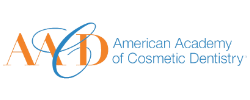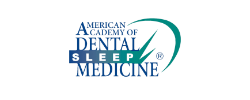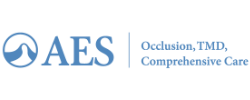If you have heard about a new procedure that enables patients to get new teeth in an hour, you may think it sounds too good to be true. Actually, thanks to a revolutionary procedure first developed by Nobel Biocare, it is possible for patients to get fully functioning teeth on dental implants in one single procedure that lasts a little over an hour.
The Teeth-in-an-Hour (TIAH) process requires close collaboration between a highly experienced restorative dentist and an oral and maxillofacial surgeon. It starts when a 3-dimensional CAT scan is made of the patient’s jawbones. Compared to conventional CAT scanners (found in a hospital setting), the 3D Conebeam CT scanners deliver only a fraction of the radiation dose. A 3-D virtual model of the jawbone can be generated from the CT scan, which is then used to plan the implant placement without the presence of the patient. This is referred to as “Virtual Surgery” and results in more accurate placement and less chair time for the patient at the surgery office. Best of all, this allows for a much less invasive surgery, which typically results in little or no pain and swelling.
A significant advantage of the TIAH procedure is the fact that it does not require multiple visits to multiple offices, and can be completed in a single office visit in a little over an hour. Another important benefit is the fact that the computer-guided implant surgery can in most cases be done without requiring any flap reflection so there is much less post-operative discomfort, swelling and bruising. Lastly, the TIAH procedure allows for a more precise implant placement.
Teeth-in-an-Hour is a revolutionary procedure than enables patients to speak, smile, and laugh with confidence and to once again eat the foods they love. Please contact an oral surgeon to get more information about Teeth-in-an-Hour and how this procedure could benefit you.
Posted on behalf of
1820 The Exchange SE Suite 600
Atlanta, GA 30339
Phone: (770) 953-1752
Email: info@doctorwaynesuway.com
Monday - Thursday 9:00 a.m. – 6:00 p.m.








